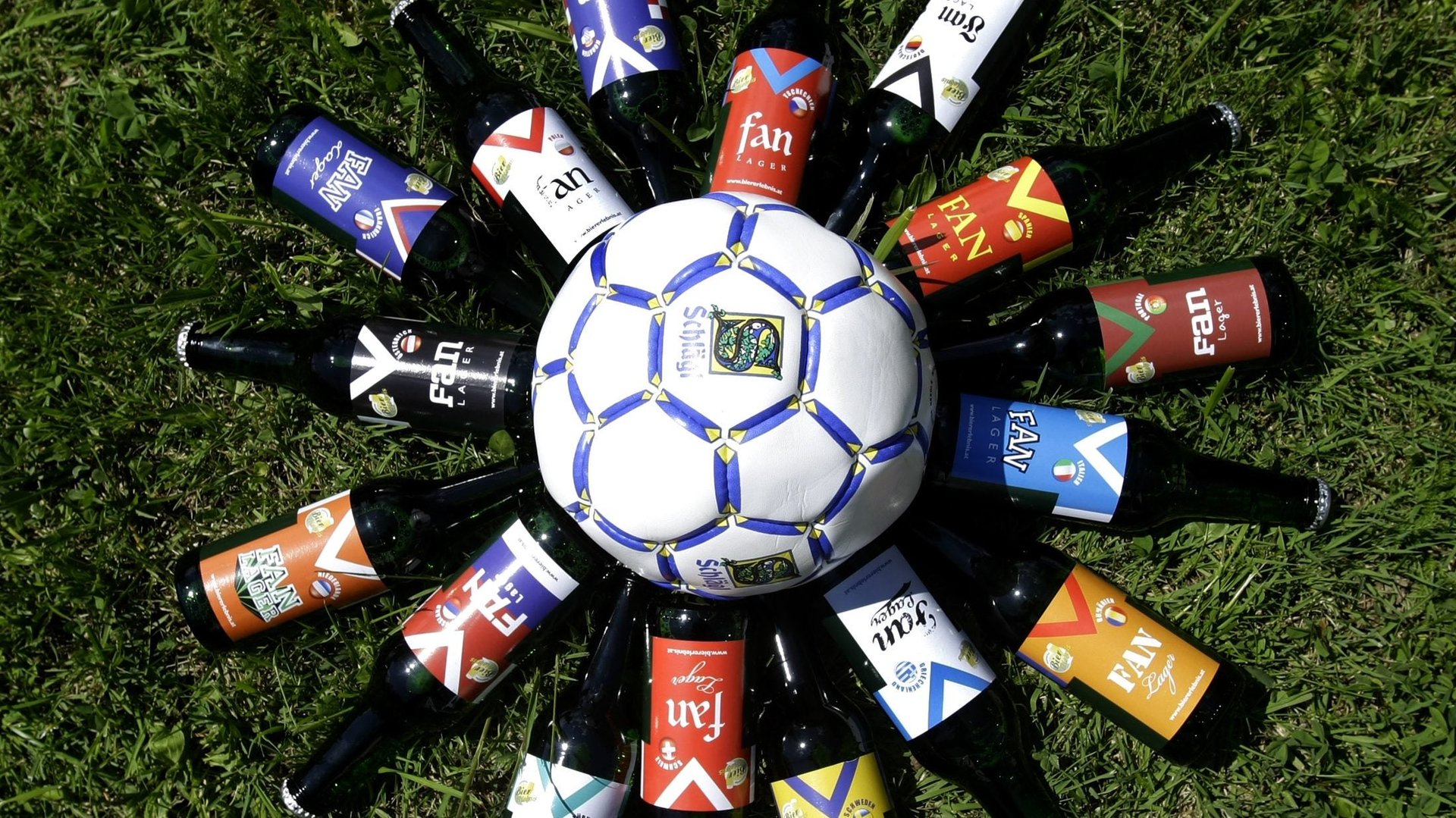Beer is giving 2022 World Cup host Qatar a headache
On Jan. 1, Qatar hiked the price of booze by 100%. This week, the Arab Gulf nation slashed prices by about 30%. Despite the price cut, a case of beer at Qatar’s sole liquor store will still put a dent in the pocket of thirsty consumers at roughly $64, according to Bloomberg—about $2.66 a beverage.


On Jan. 1, Qatar hiked the price of booze by 100%. This week, the Arab Gulf nation slashed prices by about 30%. Despite the price cut, a case of beer at Qatar’s sole liquor store will still put a dent in the pocket of thirsty consumers at roughly $64, according to Bloomberg—about $2.66 a beverage.
The January price hike was part of a tax of between 50-100% applied to a range of goods the government deemed “health-damaging,” including tobacco, energy drinks, and sugary beverages. It generated opposition from hotels that serve alcohol in the country, and criticism on social media from soccer fans anxious about how the small nation is going to deal with alcohol when it hosts the FIFA World Cup in 2022.
While it’s unclear that this outrage is what prompted the price cut this month, the price movements reflect how tough it’s been to square Qatar’s relatively dry culture with its role as host of a tournament closely aligned with alcohol. World Cup fans drank so much in host country Russia last year that some bars ran out of beer. Budweiser has also been an official FIFA sponsor for decades, and the world’s football governing body insists tournaments keep taps flowing—getting Brazil in 2012 to reverse a decade-old ban on serving alcohol in stadiums.
Meanwhile, purchasing booze from the Qatar Distribution Company, the only supplier and retailer in the country, is only possible with a permit. To get one you must be a non-Muslim resident, and obtain approval from your employer beforehand.
Last year, in an interview with Russia Today, the head of Qatar’s World Cup 2022 committee confirmed that alcohol would be served during the tournament, just not “in public places, in the streets and so on, but there will be designated areas, open areas where people will be able to have alcohol.” They will need to meet the demand of the 1.5 million people expected to turn up in Qatar for the four-week-long global sporting event.
Tourists will also be able to purchase booze at about 40 licensed hotels, and they typically charge about 50 riyals ($13.44) a beer. “Alcohol is legal in Qatar,” Nasser Al-Khater, the CEO of FIFA World Cup Qatar 2022, reminded concerned fans in March. “It might be a little bit more restricted as compared to many other countries. However, it is available.”
Drinking remains a taboo in Qatar despite the rapid socio-economic changes the nation has seen in recent decades, transforming from a small pearl trading center into a diverse country with one of the highest per capita GDPs in the world. About 90% of its population is now foreign as a result—which may be why alcohol is available at all.
While several of Qatar’s neighbors in the Arab Gulf also restrict its sale and consumption, alcohol has a rich history in the Middle East. The cultivation and consumption of wine dates back millennia, and alcohol remains widely available and comparatively cheap in Egypt, Lebanon, Jordan, Morocco, Tunisia, and other places—as it does in many Muslim-majority countries in Asia and Africa.
Managing alcohol distribution is just one of the issues Qatar has been dealing with since it was picked in 2010 to become the first Arab country to host the World Cup. The tournament had to be scheduled during winter due to its sweltering climate, hundreds of migrant workers have reportedly died erecting infrastructure for the games, and FIFA officials have been accused of taking bribes during the bidding process.